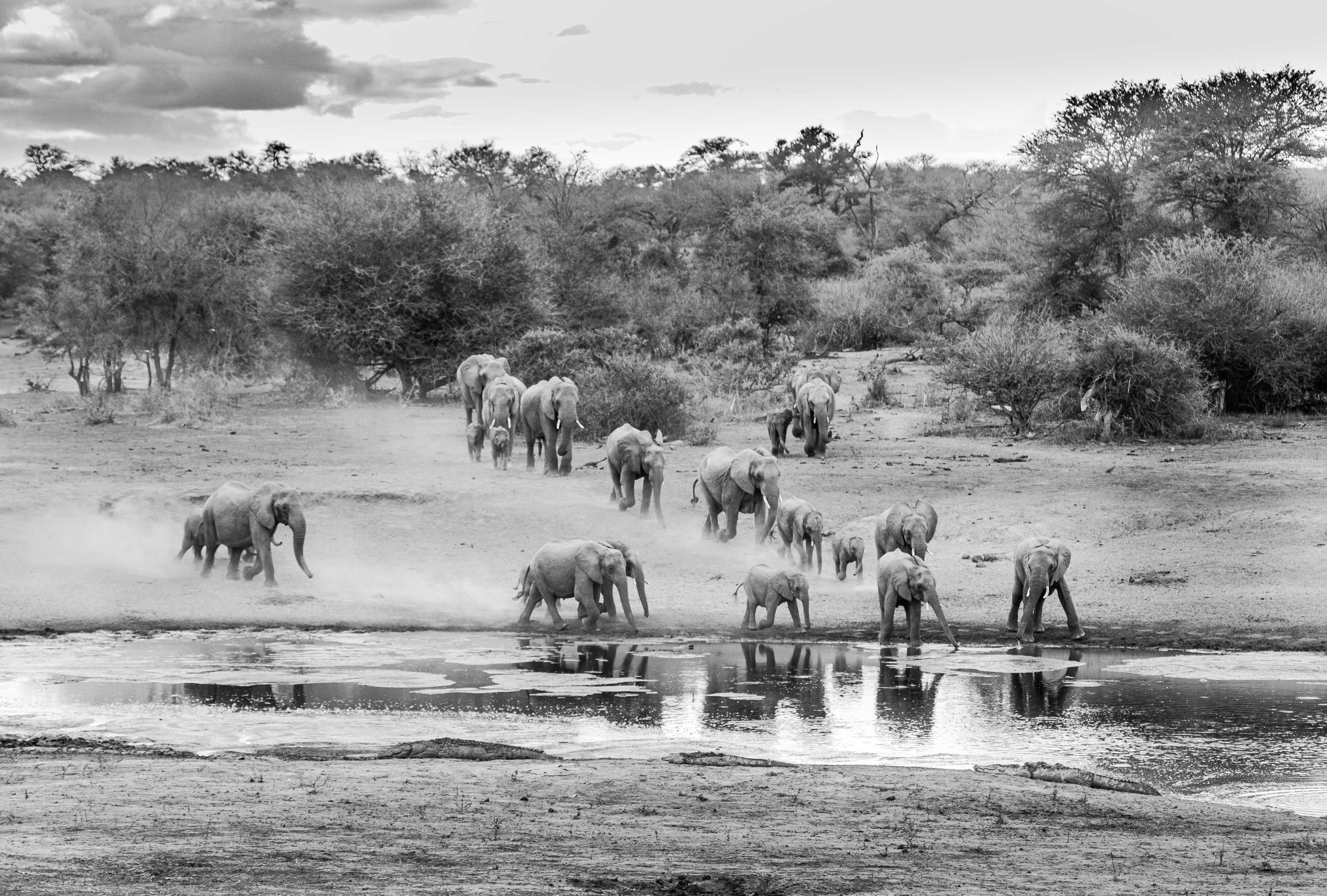A couple came to see me to help them deal with a relationship issue that always entrapped them, heightened tension and escalated anger and conflict.
During our session, I was struck by how they had become entrapped in a linear, causal explanation of the problem. On a fundamental level, each partner perceived the issue from a totally different, yet opposite experiential point of view.
- Her perspective: He drinks too much, is always out with his friends, and shows no appreciation for what I do for him.
- His perspective: She is always nagging and criticizing me, no matter how much I try to support her.
They both took on an external perceptual stance, by focusing on the behaviors of their partner to highlight where the problem was. In other words, each saw the other as being the problem.
When you take a linear perspective regarding any relationship issue, then you will (a) blame, (b) reject any ownership, (c) and justify and legitimize your own behaviors towards the other person.
When one takes an ecological perspective of an issue, one can see that the couple were actually caught in a never-ending, repetitive, circular pattern of nagging/drinking/nagging/drinking…This process restricts and drains one’s energy. In addition, little or no creativity and diversity of thinking can emerge since both parties will be defensive and on guard in their interaction with each other. This will then prevent them from generating new possibilities to resolve the difficulty. The relationship gets stuck on an information and energetic level.
During our conversation, I happened to mention that life does not happen in straight lines. This comment intrigued them and activated further exploration about what this actually meant.
When you think of relationships from an ecological perspective, you will think of circles, waves, spirals and quantum leaps. Since relationships are unfolding process, there is no beginning or end. If you think there is a beginning or an end, then you will have conveniently punctuated or sliced a piece of interaction to create a linear cause-and-effect to suit your viewpoint.
In my experience when working with relationships, linear thinking is in itself a major problem since it is tacit, and seldom examined in reflection. Given this, I believe that adopting an ecological perspective is a necessary precursor in resolving any relationship difficulty, since you will have to acknowledge that you don’t stand apart from the problem. You are connected to it. You will also see a bigger picture of the pattern, by putting yourself in the shoes of the other person. This calls for sensitivity, compassion, respect, and humility.














